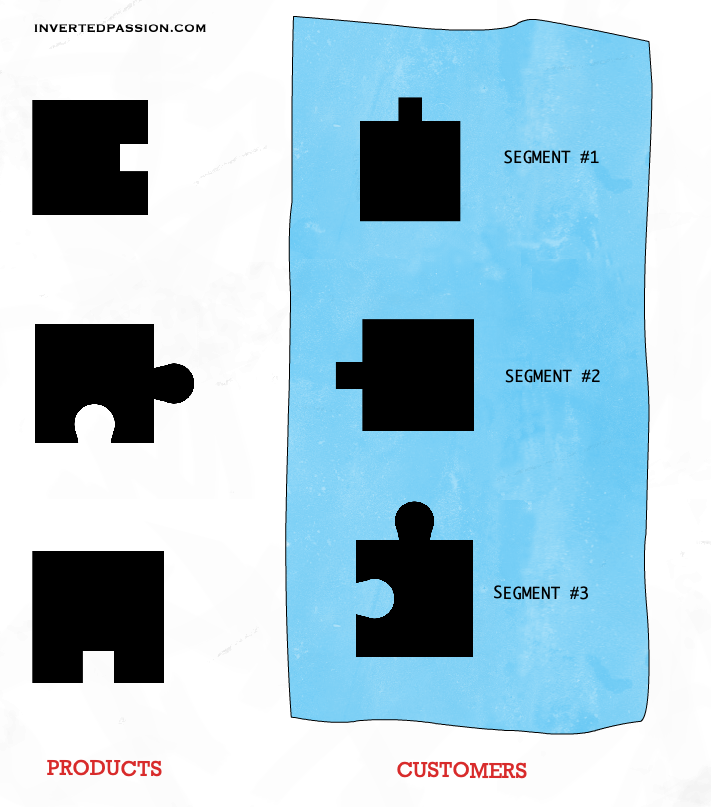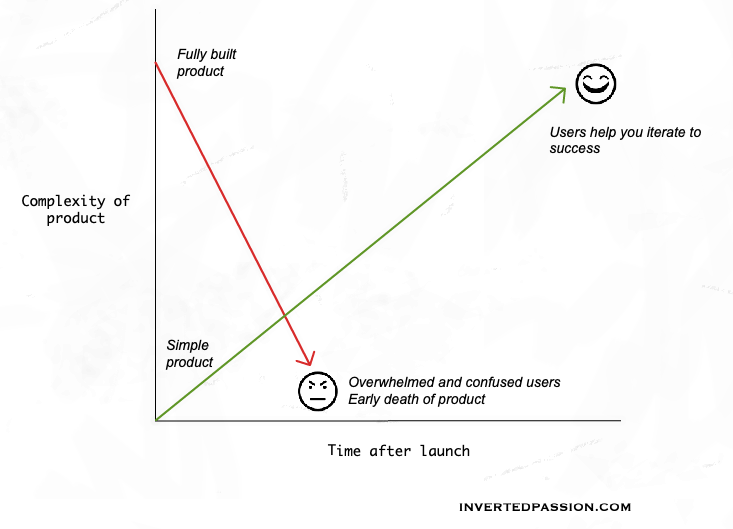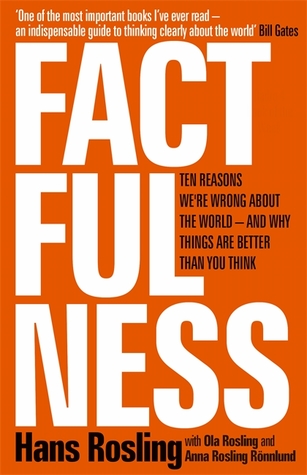
Deliver value only on dimensions that customers care about.
(a thread on this mental model)
🎉 It's also 11th chapter of my book invertedpassion.com/deliver-value-…
(a thread on this mental model)
🎉 It's also 11th chapter of my book invertedpassion.com/deliver-value-…

1/ Most markets are like the car market.
Some people like bigger cars, others like efficient cars and then there are some who like premium cars.
That is, markets aren’t homogeneous. They consist of different sets of people who value different aspects in a solution.
Some people like bigger cars, others like efficient cars and then there are some who like premium cars.
That is, markets aren’t homogeneous. They consist of different sets of people who value different aspects in a solution.
2/ Because different segments value different aspects, an improvement in one aspect will only be appreciated by that segment and get ignored by everyone else in the market.
3/ For example, if the customers in a particular segment are price-insensitive, your discounts won’t work on them.
In your mind, a discount should clearly work but for a certain segment of customers, it may actually decrease the appeal of your product for them.
In your mind, a discount should clearly work but for a certain segment of customers, it may actually decrease the appeal of your product for them.
4/ But, if a customer segment is price-sensitive, and you give them a clearly higher quality product at slightly higher prices, they may not care enough about the quality to make a switch from what they usually use.
5/ An improvement over existing solutions is not an improvement unless a large enough customer segment cares about it.
invertedpassion.com/dont-be-a-firs…
invertedpassion.com/dont-be-a-firs…
6/ A good illustration of this mental model is a product called Cuil.
It was a new search engine launched by ex-Googlers in 2008.
Their point of differentiation was that Cuil organized results into various topics while Google didn’t.
It was a new search engine launched by ex-Googlers in 2008.
Their point of differentiation was that Cuil organized results into various topics while Google didn’t.
7/ If you searched for Python, they’d cluster results into Python, the programming language, and Python, the snake. When it came to topic categorization, Cuil was clearly a better solution than Google.
But, apparently, they misjudged the market.
But, apparently, they misjudged the market.
8/ While topic categorization was fantastic, nobody wanted it.
After raising $33mn in VC capital, they shut down because they realized that most customers care about the relevance of search results (on which they were not better than Google).
After raising $33mn in VC capital, they shut down because they realized that most customers care about the relevance of search results (on which they were not better than Google).
9/ Automatic topic categorization was certainly a cool piece of technology but people really don’t want to use technology.
invertedpassion.com/people-dont-li…
invertedpassion.com/people-dont-li…
10/ People want a good solution for their desires, and when it comes to search the majority of users want to find the most relevant result in the shortest amount of time.
invertedpassion.com/jobs-to-be-don…
invertedpassion.com/jobs-to-be-don…
11/ If they had improved on search relevancy, then they might have had a shot at stealing Google’s market share.
Or, if there was enough evidence of a customer segment caring about topic categorization...
invertedpassion.com/evidence-of-de…
Or, if there was enough evidence of a customer segment caring about topic categorization...
invertedpassion.com/evidence-of-de…
12/ .. they should have set their eyes on this narrow segment rather than trying to attack the incumbent (Google) head-on.
invertedpassion.com/define-your-ma…
invertedpassion.com/define-your-ma…
13/ 🧠
Remember: do not improve a solution on a dimension that customers don’t care about.
Remember: do not improve a solution on a dimension that customers don’t care about.
15/ I'm posting ~1 new mental model for entrepreneurs every week.
Here's the entire list of 60+ mental models that I'll cover in a year or so: invertedpassion.com/free-book-ment…
Make sure you sign up for email updates on the book page.
Here's the entire list of 60+ mental models that I'll cover in a year or so: invertedpassion.com/free-book-ment…
Make sure you sign up for email updates on the book page.
• • •
Missing some Tweet in this thread? You can try to
force a refresh




